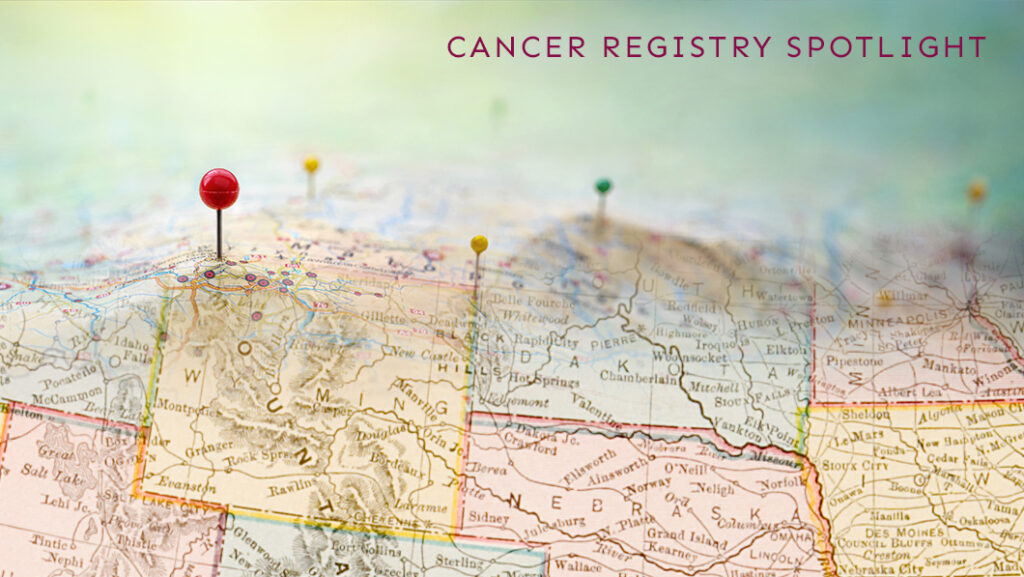
In October, I had the opportunity to present at the annual NCI Cohort Consortium Meeting. Many studies in the Consortium have already utilized the Virtual Pooled Registry Cancer Linkage System (VPR) to link with registries, and numerous other studies are eager for their turn. Acquiring cancer outcome data through VPR-facilitated linkages provides researchers with more complete and higher quality data than what is routinely ascertained through study participant self-report and medical record validation.
The VPR is now gearing up for its third year of official linkages, beginning on February 1, 2024. Activities of the various parties include the following:
- The 45 participating registries are creating their annual VPR Linkage File as part of the NAACCR Call for Data. Deadline for creating this file is January 31, 2024, and details are included on the NAACCR website: https://www.naaccr.org/call-for-data/
- Selected researchers are now setting up VPR account access, submitting their Phase I requests for linkage, awaiting approval by the VPR Research Review Committee (RRC), and preparing datasets for upload, validation, and testing once their study is approved by the RRC.
- NAACCR and Information Management Services, Inc. (IMS) are making additional system modifications to improve the VPR workflow.
This year 23 federally funded studies from the VPR waiting list have been selected to use the VPR for registry linkage in 2024 or 2025. Even with this large volume, the maximum number of registry linkages will remain at two per month from February through August/September. With the limited supply of possible registry linkages and the high demand of interested studies, we anticipate building up a queue of studies ready for linkage each month. In past years, there were some months where no studies were ready for linkage, so we missed the opportunity to complete the full number of possible linkages. Our goal this year is to complete two registry linkages per month and facilitate the use of registry data in these important research studies into cancer causes, risks, and outcomes.
None of this would be possible without the ongoing commitment of the participating registries and the strong interest of the research community. A big thank you to everyone!
What to Read Next
Massachusetts Cancer Registry Releases Updated Childhood Cancer Report
The latest report on childhood cancer in Massachusetts spans from 2009 to 2018. The Massachusetts Cancer Registry (MCR) is pleased…
Wyoming Cancer Surveillance System: A Succesful Interstate Data Exchange Project
A closer look at Wyoming Cancer Surveillance Program’s 2021 NPCR Success Story and its partnership with the neighboring Utah Cancer…
Updates on the Virtual Pooled Registry for 2023
Here are some of the noteworthy highlights from VPR. I’m so excited to share the below updates on the Virtual…





